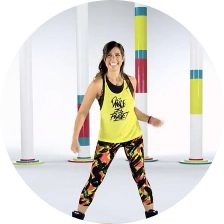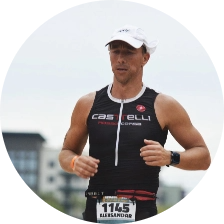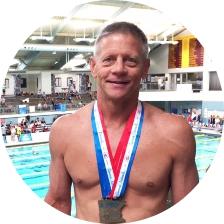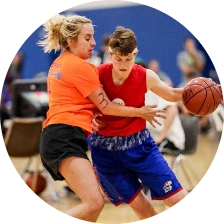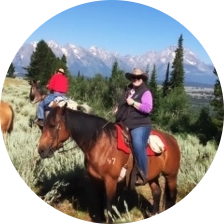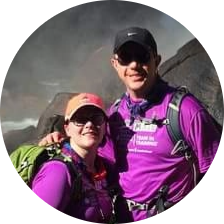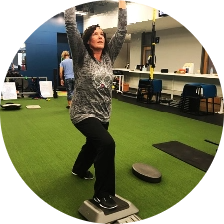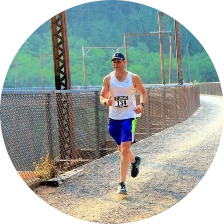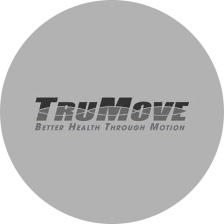Services
March 17, 2023
Treatment for Scoliosis

Scoliosis causes the spine to curve to one side.
This condition often develops in the later stages of childhood or early adolescence. While the curvature can occur anywhere in the spine, commonly affected areas include the upper spine and lower back. If your spine is curved in an “S” or “C” shape, scoliosis therapy is recommended to alleviate discomfort and prevent the worsening of symptoms.
Causes of Scoliosis
Below are some of the possible causes of scoliosis:
- Syndromic scoliosis– Scoliosis can occur as part of another medical condition such as Marfan’s syndrome and neurofibromatosis.
- Specific genes – Researchers believe that scoliosis could be hereditary, with at least one gene playing a role in the development of the condition.
- Other causes– Spinal curvature may result from poor posture, serious injuries, connective tissue disorders, and carrying heavy backpacks or satchels.
- Osteoporosis– Osteoporosis can trigger secondary scoliosis due to bone degeneration.
- Neuromuscular conditions– These are disorders that affect the muscles and nerves. They include poliomyelitis, muscular dystrophy, and cerebral palsy.
- Leg length Discrepancy– Scoliosis may result from having one leg that is longer than the other.
- Congenital scoliosis – Some people are born with scoliosis, although such cases are rare. This occurs when bones in the spine develop abnormally as the fetus grows.
Symptoms of Scoliosis
Signs and symptoms of scoliosis may include:
- Uneven hips or shoulders
- Breathing problems caused by the reduced area in the chest for lungs to expand
- Back pain
- Bone spurs in the joints of the spine
ATTENTION:
You don’t have to live with your diagnosis! Scoliosis doesn’t need to hold you back from living an active life, there are therapies that are non-invasive, and long lasting to provide you relief from pain and REVERSE the negative effects caused by scoliosis. To learn how you can achieve lasting relief and reverse scoliosis schedule your free path forward consultation with Dr. Andrew Gorecki where you will learn how to prevent and reverse scoliosis without pills or surgery. Hurry before spots fill up.
Diagnosing Scoliosis
A physical exam of the spine is the first step in diagnosing scoliosis. Your doctor will check for spine curvature and symmetry in the shoulders and waist areas.
Imaging tests such as an X-ray, a CT scan, an MRI scan, and a bone scan may also be performed for a more detailed picture of the bones and surrounding tissues.
Traditional Treatments
- Bracing– Braces are required for curvatures that are more than 25 to 40 degrees. They won’t necessarily straighten the spine, but they can prevent an increase in curvature. Braces are typically worn 16 to 23 hours a day.
- Surgery– Surgery is often recommended for people with spine curves greater than 40 degrees.
- Medication– Doctors may prescribe acetaminophen (Tylenol) and ibuprofen (Advil) to ease pain.
TruMove
Unfortunately, most surgeries and “band-aid solutions” fail to solve the root problem, resulting in 40% of patients suffering from further issues and pain. Unlike the treatments above, the Superior Method is safe, noninvasive, and virtually pain-free. It uncovers the root cause of the pain to eliminate symptoms completely and ensure lasting relief from scoliosis.
We provide the following treatment options:
Full-body Movement Assessment
Successful healing begins with discovering the root cause of the patient’s pain. In most cases, pain in one area is only a symptom of a larger issue. In a full-body movement assessment, the source of the problem is identified by examining the movement of nearby or connected parts. This allows movement to be restored and the body to complete the healing process.
Hands-on Manual Therapy
The Superior Method employs the help of a trained therapist certified in functional manual reaction. The therapist uses their hands to facilitate proper motion, improving areas of restriction. This is similar to deep tissue massage, but it incorporates movement.
Prescriptive Home Exercise Program
The Superior Method aims to educate patients on how the body moves to safely ease pain and restore function. With our smartphone app called Movement RX, we empower patients with the knowledge and tools needed to attain long-term physical freedom. All of the instructions provided by your physician will also be video-recorded and sent directly to your email or mobile device.
Applied Functional Science
This principles-based method is designed to improve how the mind, body, and spirit work together to facilitate complete healing. All Superior Physical Therapy providers are Fellows of Applied Functional Science through the Gray Institute. This organization is led by the reputable physical therapist, Dr. Gary Gray.
Deep Muscle Stimulation
Mechanical vibrations that penetrate deep into the muscle tissue enable tissue regeneration and improve the lactic cycle, which is one of the most common causes of pain. The procedure also helps boost circulation and lymphatic flow to alleviate pain.
Dry Needling
A fast, safe, and virtually pain-free method to reduce pain and address musculoskeletal presentations. In dry needling, trigger points or local contractures are stimulated by monofilament needles.
McKenzie Therapy
The McKenzie Method® of Mechanical Diagnosis and Therapy® (MDT) is a distinguished and internationally researched method of diagnosis and treatment for spinal and extremity musculoskeletal conditions. Created by New Zealand Physiotherapist Robin McKenzie, this system has been used globally for over 60 years. MDT-certified clinicians assess and treat all types of musculoskeletal disorders including complications in the spine, muscles, tendons, and extremity joints.



 Overland Park
Overland Park
